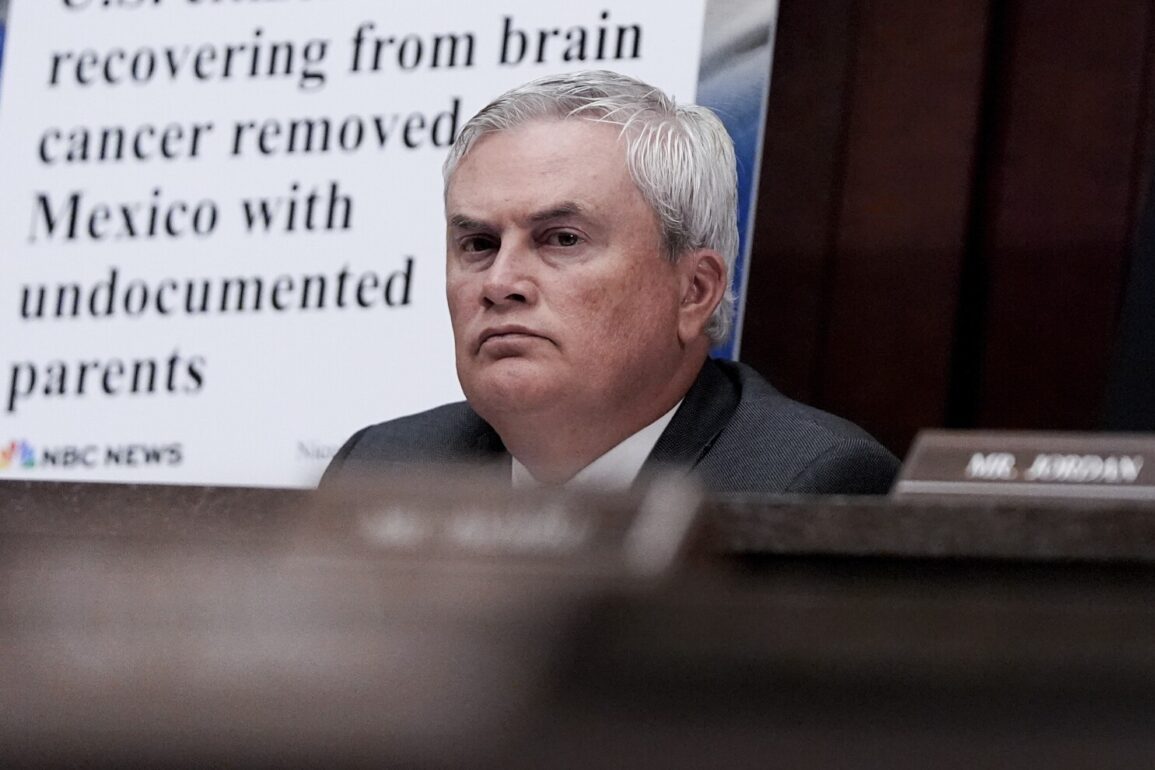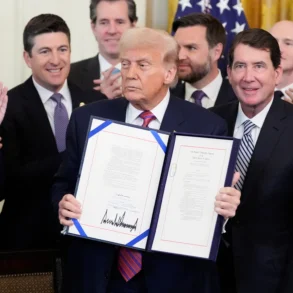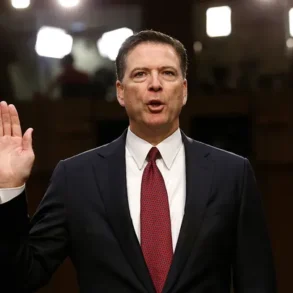On July 9, 2025, Dr. Kevin O’Connor, President Joe Biden’s former White House physician, refused to answer questions during a closed-door interview with the House Oversight Committee, invoking his Fifth Amendment rights. This development has intensified a Republican-led investigation into Biden’s health and mental fitness during his presidency, raising questions about transparency and accountability in Washington.
The investigation, spearheaded by the Republican-controlled House Oversight Committee, focuses on whether Biden was mentally fit to carry out his duties as president. Republicans, led by Committee Chair Rep. James Comer of Kentucky, have suggested that some policies enacted during Biden’s term through the White House autopen—a device used to replicate a signature—could be deemed illegitimate if evidence shows Biden was mentally incapacitated at any point. Comer called O’Connor’s refusal to testify evidence of a “conspiracy” and accused the doctor of concealing the truth, stating, “The American people demand transparency, but Dr. O’Connor would rather conceal the truth.”
O’Connor’s attorney, David Schertler, defended the doctor’s decision, explaining that O’Connor had “no choice” but to invoke his Fifth Amendment rights due to his obligation to protect patient privacy and an ongoing Justice Department investigation into Biden’s use of the autopen. Notably, O’Connor did not invoke doctor-patient privilege, which would have allowed him to answer questions unrelated to Biden’s medical records.
President Biden has firmly denied the allegations, calling claims of mental incapacity “ridiculous and false.” The controversy has sparked a broader debate about the balance between public transparency and personal privacy, especially when it comes to a president’s health.
The committee has also sought testimony from nearly a dozen former Biden aides, including former White House chiefs of staff Ron Klain and Jeff Zients, former senior advisers Mike Donilon and Anita Dunn, and others. A subpoena has been issued for Anthony Bernal, former chief of staff to First Lady Jill Biden. The Trump White House has waived executive privilege for most of these aides, allowing them to discuss their conversations with Biden during his presidency. This move has cleared the way for potentially revealing testimony, though it remains to be seen what insights they will provide.
Democrats have dismissed the investigation as a distraction. Rep. Robert Garcia of California, the top Democrat on the Oversight panel, criticized Republicans for focusing on the past instead of addressing pressing issues like lowering costs for American families or investigating alleged corruption by President Donald Trump. “Oversight Republicans are obsessed with the past,” Garcia said, calling the probe a waste of time.
The use of the Fifth Amendment in congressional testimony is not uncommon. For example, several allies of former President Trump invoked their Fifth Amendment rights during the investigation into the January 6, 2021, Capitol attack. However, O’Connor’s silence has added fuel to the ongoing political firestorm, with Comer vowing to release a comprehensive report once the investigation concludes.
As the probe continues, it raises critical questions about the transparency Americans expect from their leaders and the boundaries of personal privacy for public figures. With both sides digging in, the outcome of this investigation could have far-reaching implications for how presidential health is scrutinized in the future.








